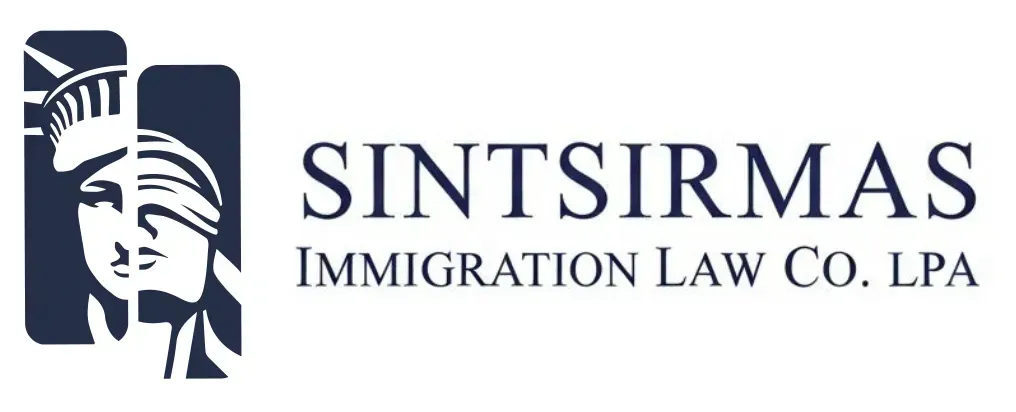Skilled vs. Unskilled Workers in the EB-3 Visa Category
Skilled vs. Unskilled Workers in the EB-3 Visa Category
Hiring Through the EB-3 Visa Program in Ohio
Ohio businesses in industries such as healthcare, construction, and manufacturing often rely on international workers to address labor shortages. The EB-3 visa category offers a pathway to employ foreign workers on a permanent basis, but employers must carefully distinguish between the classifications of “skilled” and “unskilled” labor. Each classification comes with its own requirements, timelines, and documentation responsibilities. Employers who misclassify a role may face costly delays or denials.
What Defines a Skilled Worker Under EB-3?
A skilled worker in the EB-3 category typically has at least two years of relevant training or job experience. These roles often include positions such as electricians, welders, or technicians. The position must also require a minimum of two years of experience as a standard industry qualification. Ohio employers must show that the job cannot be filled by a U.S. worker and submit a labor certification through the PERM process, which requires accurate job descriptions and wage assessments. Legal support ensures these elements are presented correctly the first time.
Who Qualifies as an Unskilled Worker?
Unskilled workers, or “other workers,” are those performing labor that requires less than two years of training or experience. This category often includes positions in food processing, janitorial services, or caregiving. While the EB-3 unskilled worker process also requires labor certification, the wait times can be longer, and the burden of proof for the employer remains just as high. Employers must show a legitimate business need and an inability to hire locally. An immigration attorney can help present a strong case and handle procedural requirements.
Choosing the Correct Worker Category
Misclassifying a job as skilled or unskilled can lead to application setbacks or even denial. Ohio employers must assess the role’s actual requirements, not just internal titles. For example, calling a role “technician” does not make it skilled unless industry standards and job duties align with that classification. Sintsirmas Immigration Law Co. LPA
works with employers to review job descriptions and ensure they align with Department of Labor standards and immigration requirements.
Meeting Compliance and Filing Standards
Whether hiring skilled or unskilled workers under the EB-3 category, the documentation and compliance process is extensive. Employers must secure prevailing wage determinations, complete recruitment steps, and prepare for potential audits. Sintsirmas Immigration Law Co. LPA
assists Ohio businesses in preparing and submitting thorough, accurate filings that meet government standards. Legal oversight helps prevent delays and supports successful workforce planning.
Hiring foreign workers under the EB-3 category offers Ohio employers a long-term solution to workforce gaps. Whether the need is for skilled tradespeople or entry-level labor, having the right legal guidance can make the difference between approval and rejection. Sintsirmas Immigration Law Co. LPA
provides strategic support to help Ohio businesses meet employment needs while complying with U.S. immigration requirements.










